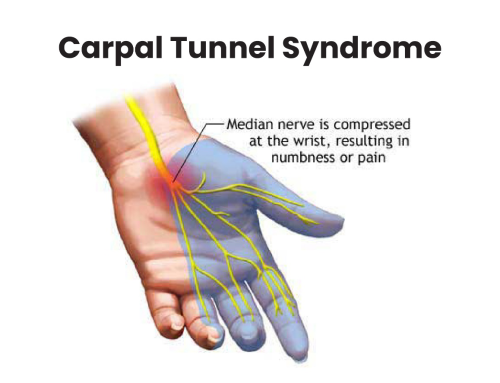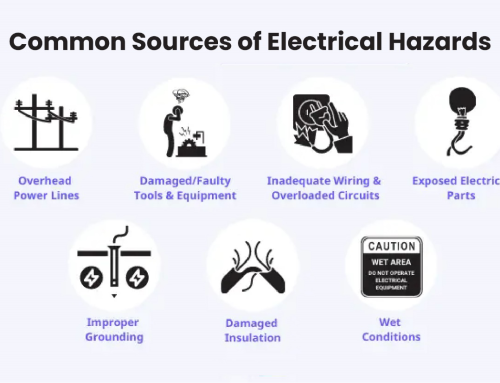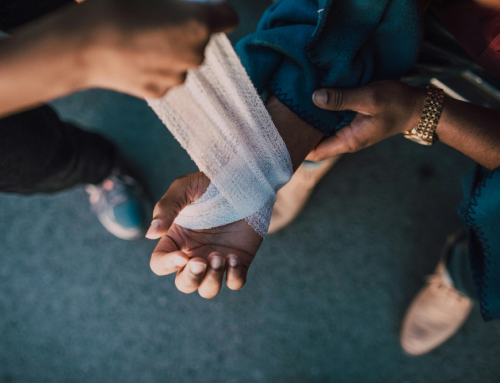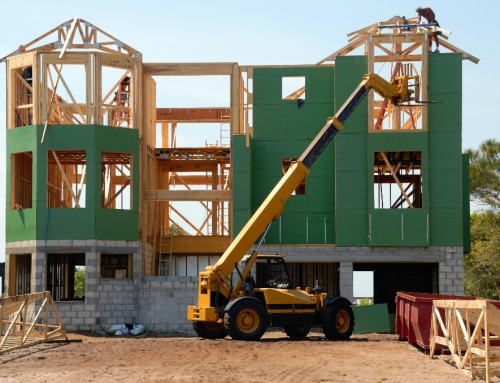OFA 2 training is a critical step in ensuring crew members have a thorough understanding of maritime-specific medical emergencies. Crew members learn to identify symptoms of health issues aggravated by the maritime environment, such as seasickness, dehydration, or hypothermia.
They become adept at managing injuries sustained from handling maritime equipment or machinery, including lacerations, abrasions, or blunt trauma. Moreover, this training encompasses guidance on handling medical emergencies in remote locations where immediate medical assistance may be challenging to access.
Specialized Maritime Medical Expertise
In the maritime industry, the isolation of vessels from immediate medical facilities poses distinctive challenges, demanding specialized expertise from crew members. OFA 2 training, specifically designed for maritime contexts, recognizes these challenges and equips crew members with targeted skills tailored to life at sea.
A key focal point of this training involves navigating and addressing emergencies in confined spaces within the ship. This skill assumes paramount importance given the restricted and often complex layout of maritime vessels.
Crew members undergo rigorous training sessions that emphasize effective administration of first aid in confined spaces, preparing them to manage medical crises efficiently. These spaces, characterized by limited access and potential hazards, demand acute awareness and specialized techniques to ensure prompt and effective intervention during emergencies.
Moreover, the comprehensive curriculum of OFA 2 training delves into recognizing and addressing injuries resulting from maritime accidents. From slips and falls to injuries incurred while handling maritime equipment, crew members are imparted with the skills to promptly identify, assess, and initiate appropriate first aid measures. This knowledge becomes invaluable in managing various injuries effectively, minimizing potential complications, and ensuring the well-being of crew members aboard vessels.
By honing these specialized maritime medical competencies, crew members enhance their preparedness to confront and manage the diverse health challenges unique to the maritime environment.
Their proficiency in administering first aid in confined spaces and addressing injuries resulting from maritime accidents becomes pivotal in maintaining safety standards and ensuring the welfare of personnel navigating the seas.
Preventing Escalation of Emergencies
Within the maritime industry, the prevention of minor medical issues from evolving into significant emergencies is a critical aspect of safety protocols onboard ships. Occupational First Aid (OFA) Level 2 training is specifically designed to equip crew members with a proactive skill set aimed at averting potential crises.
The training focuses on instilling in crew members a profound understanding of the urgency and significance of immediate intervention. By imparting comprehensive knowledge and practical expertise, OFA 2 courses empower crew members to address medical situations swiftly and efficiently. From recognizing the initial signs of an issue to taking prompt and decisive action, crew members are prepared to administer effective first aid measures.
This proactive approach significantly diminishes the probability of minor incidents escalating into catastrophic emergencies. By nipping potential problems in the bud, crew members help create a safer environment, preventing situations that could jeopardize lives or disrupt the seamless operations of the vessel.
Moreover, the training not only emphasizes the technical aspects of administering aid but also fosters a mindset of continuous vigilance among crew members. They are encouraged to remain alert to potential hazards, enabling them to respond promptly and effectively, thereby ensuring that the smallest of issues do not evolve into major crises.
In essence, OFA 2 training ingrains a culture of prevention, enabling crew members to act as a vital line of defense against potential emergencies, thereby contributing significantly to the overall safety and security of the vessel and its crew members.
Enhanced Safety Culture Onboard
OFA 2 training plays a pivotal role in cultivating an enriched safety culture onboard maritime vessels. It extends beyond imparting technical expertise, delving into the psychological and behavioral aspects of safety consciousness among crew members. The training acts as a catalyst, igniting a safety-oriented mindset that becomes ingrained in their work ethics and practices.
Central to this cultural transformation is the active involvement of crew members in safety protocols and drills. OFA 2 training encourages crew members to not just passively observe safety measures but actively participate, engaging in routine safety exercises and simulations.
These drills serve as practical rehearsals, refining their preparedness and responses to diverse emergency scenarios, ensuring they react promptly and effectively when faced with real-life incidents at sea.
Moreover, the training serves as a platform to instill a strong sense of accountability within the crew. It empowers them to take ownership of safety practices, where every individual recognizes their role in upholding a secure work environment.
Crew members are encouraged to identify potential hazards, promptly report safety concerns, and take proactive measures to mitigate risks. This sense of collective responsibility nurtures a safety-centric environment where safety measures are not just policies, but intrinsic values upheld by everyone onboard.
Through OFA 2 training, crew members evolve into safety advocates, fostering a culture where safety isn’t merely a requirement but a shared commitment. This shared commitment transcends regulations; it becomes an inherent part of the vessel’s ethos, ensuring that safety isn’t just a priority but a way of life onboard.
Regulatory Compliance and Industry Standards
Compliance with maritime regulations stands as a fundamental pillar within the shipping industry’s operational framework. Occupational First Aid (OFA) Level 2 training is meticulously designed to harmonize with the stringent requisites outlined by diverse maritime authorities and regulatory bodies.
Vessels that boast certified crew members adept in OFA 2 standards showcase not only their dedication to upholding rigorous safety protocols but also their adherence to industry-wide best practices. This commitment to regulatory compliance signifies a robust safety culture onboard, affirming the vessel’s adherence to the highest safety standards.
Consequently, vessels equipped with certified crew members not only ensure a safer environment but also bolster their reputation within the maritime sector. The recognition of compliance with industry regulations elevates their standing, fostering trust and confidence among stakeholders and peers in the maritime industry.
Navigating Safety Waters: Elevate Maritime Preparedness with Metro Safety Training
At Metro Safety Training, we stand as the premier choice for your OFA 2 certification, offering an array of distinctive advantages tailored for maritime professionals. Our specialized courses are meticulously designed to cater to the unique demands of maritime environments, ensuring adeptness in handling medical emergencies specific to sea-bound challenges.
Beyond OFA 2 certification, our curriculum extends to encompass comprehensive confined space safety training, an indispensable skill set crucial for the maritime sector. Furthermore, we pride ourselves on our diverse course offerings that span across various safety domains, including First Aid, Fall Protection, and more, all meticulously crafted to meet the diverse and specific needs of maritime professionals.
With Metro Safety Training, you gain access to a holistic suite of safety courses, ensuring you’re equipped with the expertise necessary to navigate the complexities of maritime safety challenges.
Get in touch with us for more details.










